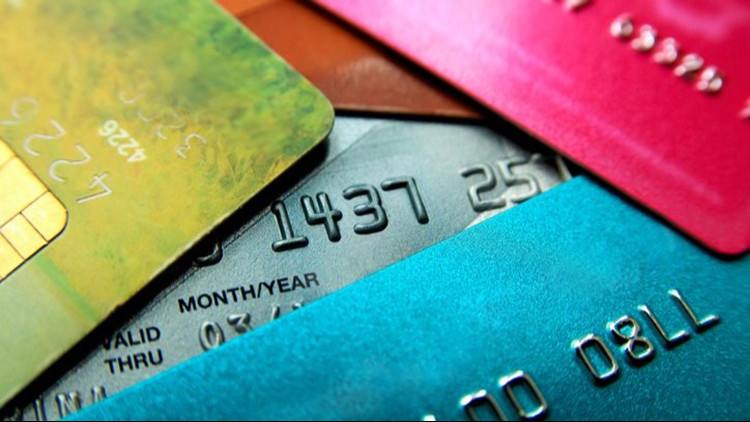The restaurant chain Chili's has reported a data breach affecting some customers credit and debit card data.
According to a news release, on May 11, the chain learned that some guests' payment information was compromised at "certain Chili's restaurants as the result of a data incident."
The company says they believe the data breach was limited to March and April of 2018, but they are continuing to assess the scope of the incident.
They said they believe malware was introduced to their systems at some restaurants used to gather payment card information -- including debit or credit card numbers and cardholder names from their payment-related systems. The chain says they do not collect certain personal information (including social security numbers, full dates of birth or federal or state identification numbers) from customers.
The company says they are working with third-party forensic experts to conduct an investigation to determine the scope of the incident. Law enforcement has been notified, and the company intends to continue to cooperate with them as the investigative process continues.
Chili's says the data breach did not affect all guests, and they are working to determine exactly who has been affected.
Out of an abundance of caution, they say that anyone who used a payment card at a Chili's Restaurant during March and April should contact all three national credit reporting agencies as soon as possible to place a fraud alert on their record.
Once a fraud alert is established on an individual's record, it alerts creditors of possible fraudulent activity within their reports. In addition, once a request is initiated with one of the there agencies, it is immediately shared with the other two agencies as a matter of course.
To place a 90-day fraud alert on your credit file, visit FraudAlerts.Equifax.com or call their auto fraud line at 877-478-7625 and follow the simple prompts.
Additionally, consumers are advised to place a "security freeze" on their credit accounts, which means credit information cannot be shared with potential creditors. This can help prevent new account identity theft. Credit reporting agencies charge a $5 fee to place or remove a security freeze, unless you can provide definitive proof that you are the victim of identity theft.
Individuals can receive a free copy of their credit report from each of the three reporting agencies by visiting annualcreditreport.com.
Finally, consumers should pay close attention to bills and credit card statements for charges and items they did not contract for or purchase. A review of bank statements will also help consumers in this regard.
Finally, if you do believe you are the victim of identity theft, you should immediately report it to law enforcement.



